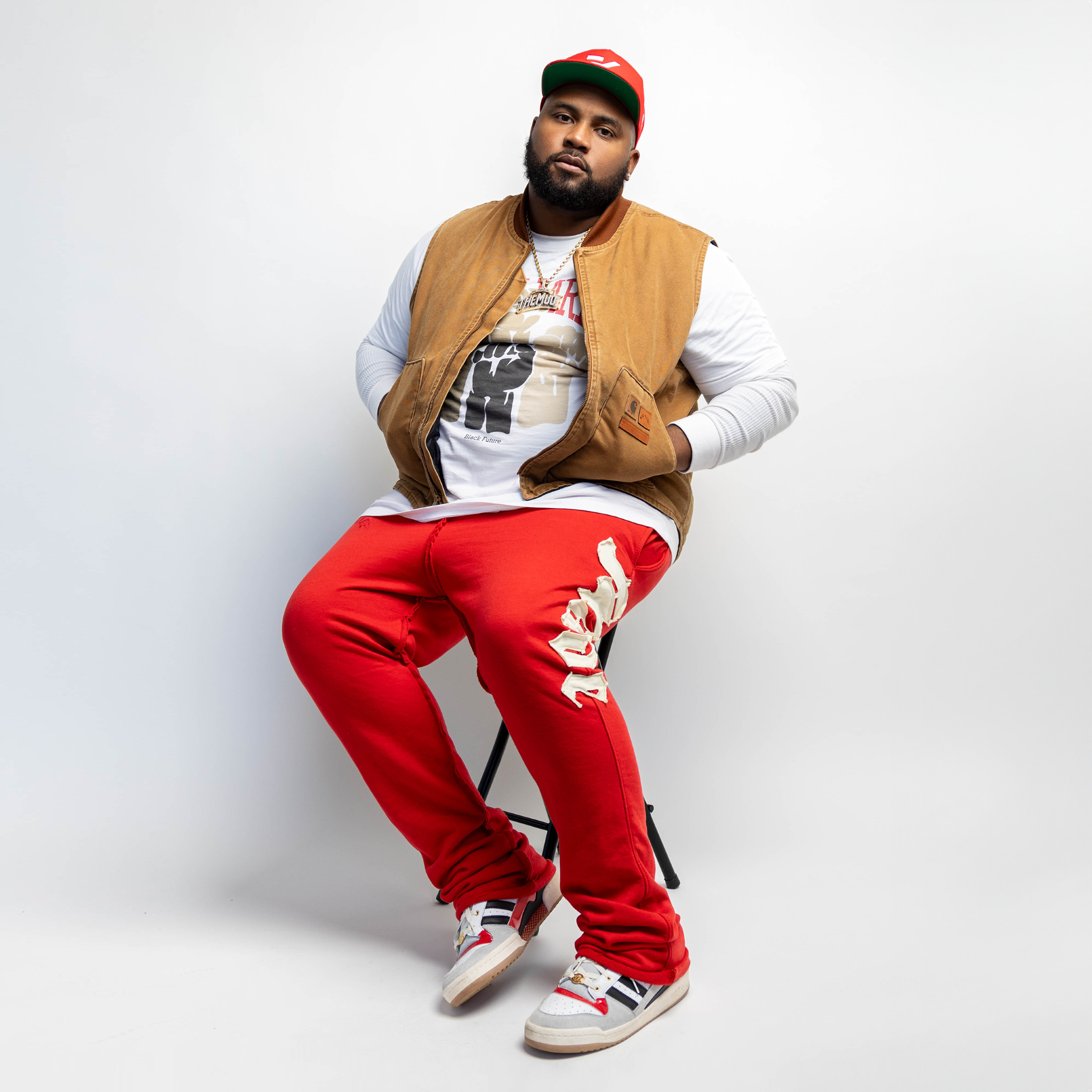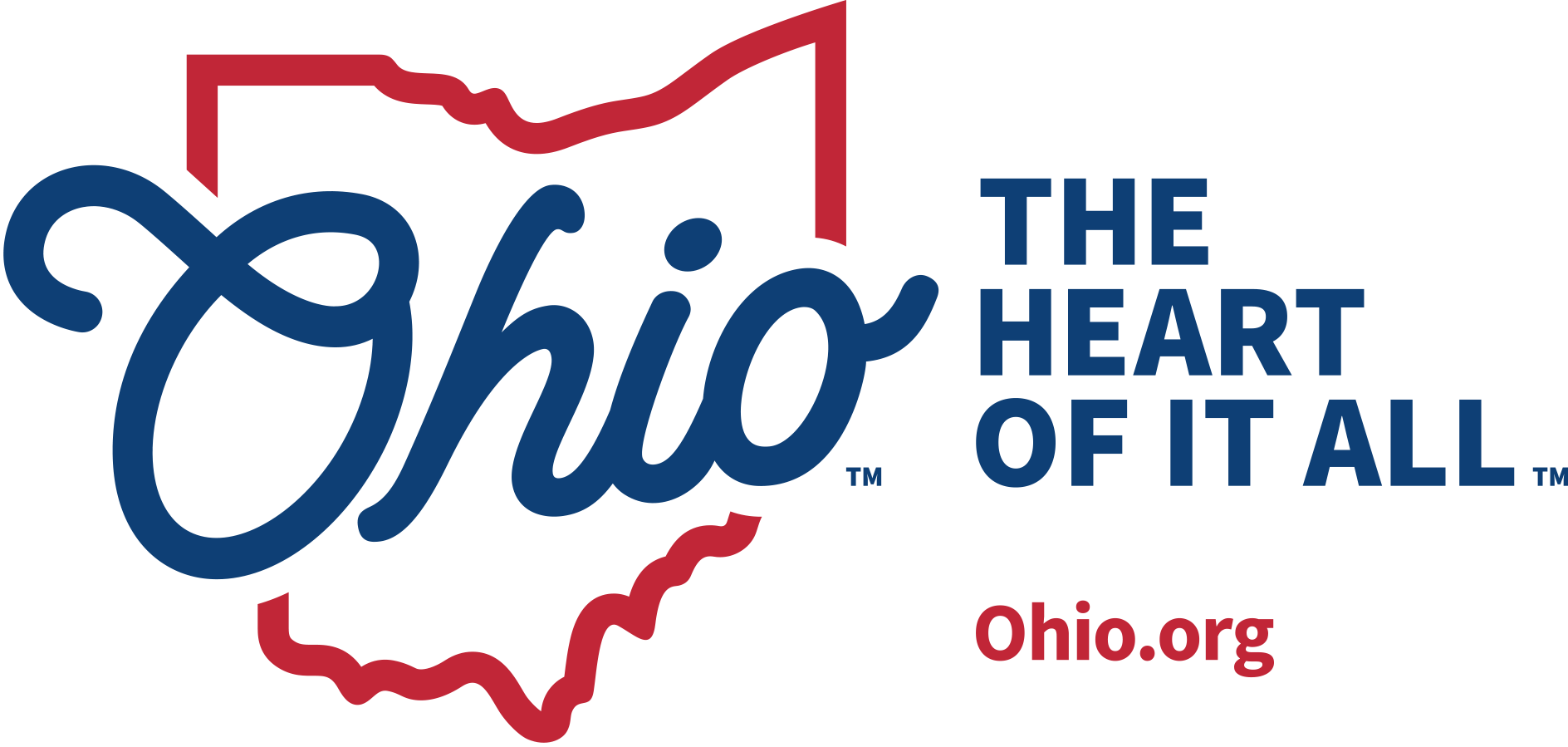Experience the rich Black American culture in Toledo and maybe even find a new favorite place to visit while you are in town!
By Kendahl Plank
Posted On: February 1, 2025
Cultural enrichment, learning, and experiencing new things are at the heart of travel, and in February we invite visitors into the celebration of Black History and current Black American culture that you can experience and soak in while you are here in Toledo!
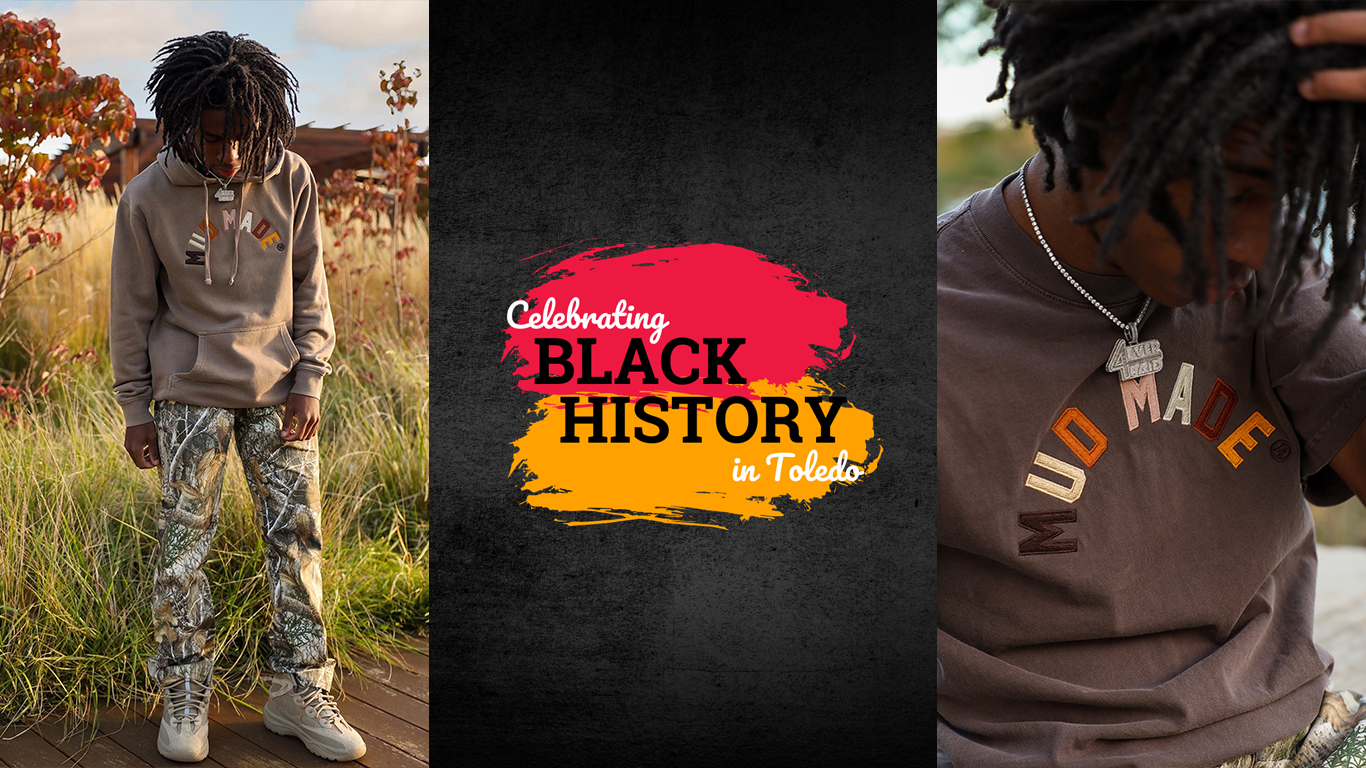
Photos by: Mud Made
Interview with the Man behind Mud Made
Gerald Riley Jr.
Founder, Creative Director, & Lead Designer of Mud Made.
Q: Tell us a little about Mud Made?
A: "The brand started back in 2012 as apparel to represent being from Toledo, The Great Black Swamp aka “The Mud.” Toledo natives will forever recognize the brand as being from Toledo. But over the years, people from all over began to relate with our message and wear it worldwide."
Q: Mud Made has a theme of grit, resilience, and rising up out of "the mud." Can you share the importance of this theme?
A: "A huge part of life is stomaching losses. Coming from the bottom I believe you become familiar with lack, and start to build an immunity to losing. Giving someone from The Mud an advantage when it comes to being resilient and never giving up which ultimately results in winning."
Q: How do you feel this theme relates to the resilience of Black Americans throughout history and in Toledo?
A: "In history African Americans have been oppressed, even those that come from privilege at some point will face oppression of some sort. So at some point you will have to tap into that grit and mash through the obstacles life can bring just for having darker skin.
Being from a small city like Toledo, I feel we have to do more to gain recognition on a broader scale. Whatever your field is, we have to work twice as hard as someone from let’s say New York, Chicago, or LA.
That on top of the color of our skin, I feel like it’s our superpower, we have the recipe for success. Nothing can stop someone from The Mud because we won’t stop until we win, until we’re Mud Made!"
Q: What impact do you feel your work has on the community?
A: "Outside of the community work I do and giving back, I believe Mud Made gives kids from my community something they can touch and be inspired by. Growing up, sports seemed to be the only way out of our situation. I believe Mud Made and my story gives kids growing up like I did, another option for an honest living."
Q: How can visitors best support local Black creators like yourself?
A: "A Simple Follow on Social Media @ImFromTheMud & @MudMade_Godi and share something you like.
If you like the product enough, purchasing it would be awesome. I don’t believe people should spend money on something just to support, I believe in doing the work. Good work will stand out and ultimately result in people purchasing.
I think I can speak for majority of creators, we want you to love our work. A follow and a share is the support we need. A purchase is what we work hard for and would love for you to like our product enough make a purchase."
Q: How do you feel Visitors/locals can engage with Black Culture in Toledo?
A: "Head to MudMade.com purchase a Hoodie, head to Earth at Tolhouse for a coffee, log on to VisitToledo.Org check out the Black Businesses Page find something you like and support them."
Q: What are some of your favorite local spots to eat/or spend time at? Or what would be your top recs for visitors or friends coming into town?
A: "Tolhouse for Networking, Sip or Rustbelt to get some work done. Deseo Modern Mexican to eat & have cocktails 406 Lounge or Migos to party.
To view even more interviews and stories, check out the archive of our Conversations with Prominent Black Toledoans.
Black History Month Programming
More events will be added as they go live
Strategic Interplay: African Art and Imagery in Black and White
Toledo Museum of Art
Now through February 23, 2025 | During Regular Museum Hours
Artist & Chess Panel | Making Master Moves in Art & in the Game of Life
Toledo Museum of Art | Great Gallery
Saturday, February 1, 2025 | 2 p.m.
Art Tatum The Musical
Toledo Library | Kent Branch
Saturday, February 1, 2025 | 3 p.m.
Make a Bejamin Banneker Clock
Toledo Lirbary | Various Branches
Various Dates and Locations
A Journey Through Chocolate and Black History
Toledo Library | Mott Branch
Thursday, February 6, 2025
Live at the Library with Guy Davis
Toledo Library | Main Branch
Thursday, February 6, 2025
The Light We Share Exhibit
The Portal at Toledo School for the Arts
Friday, February 7, 2025 | 6 p.m.
Celebrate Rosa Parks Day
The Mott, King Road, Heatherdowns and Holland branches will host family-oriented read-along events.
Saturday, February 8, 2025
Readers Include:
- Ohio State Rep. Elgin Rogers
- Ohio State Rep. Erika White
- Ohio State Sen. Paula Hicks-Hudson
- Toledo Chapter of the NAACP President Darlene Sweeney Newbern
- WTVG news anchor James Starks
- TARTA Trustee Dr. Tiffany Whitman
- TARTA Trustee Heather Baker
- TARTA CEO Laura Koprowski
African Immigrants and the American Experience
Toledo Library | Main Branch
Thursday, February 13, 2025 | 5 p.m.
Highlighting Black-owned businesses
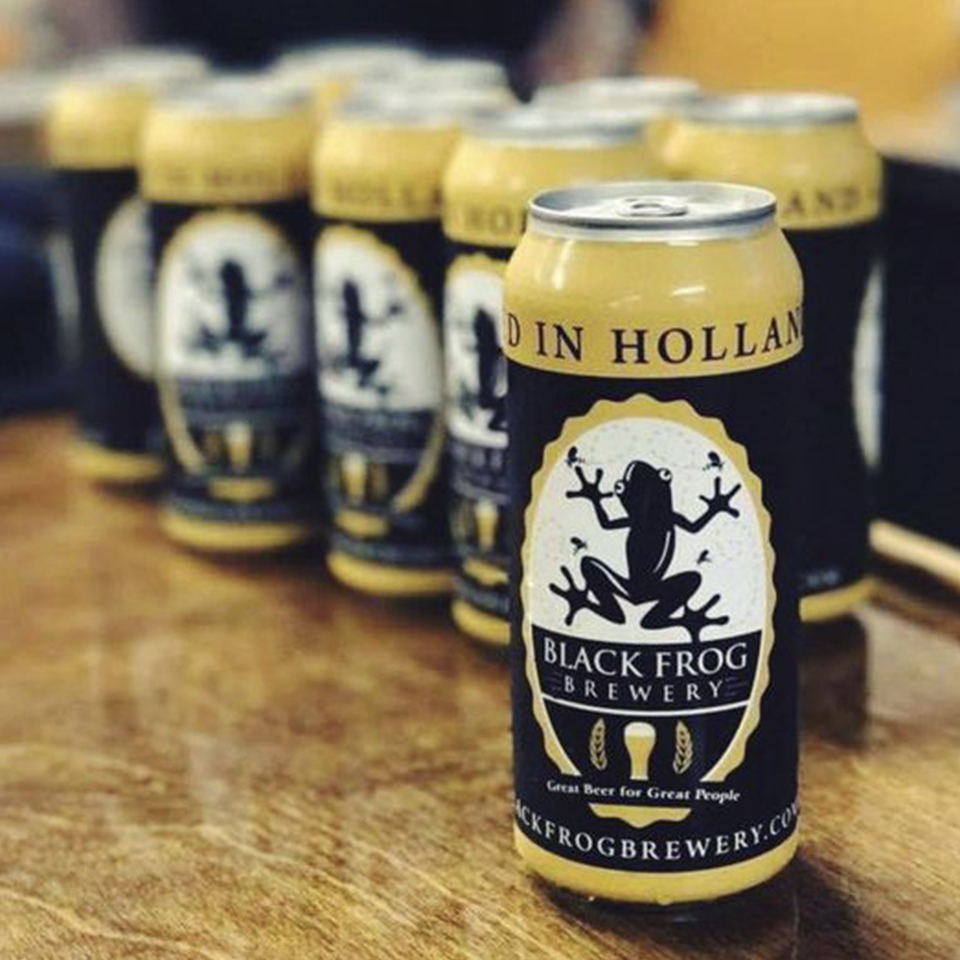
Black Frog Brewery
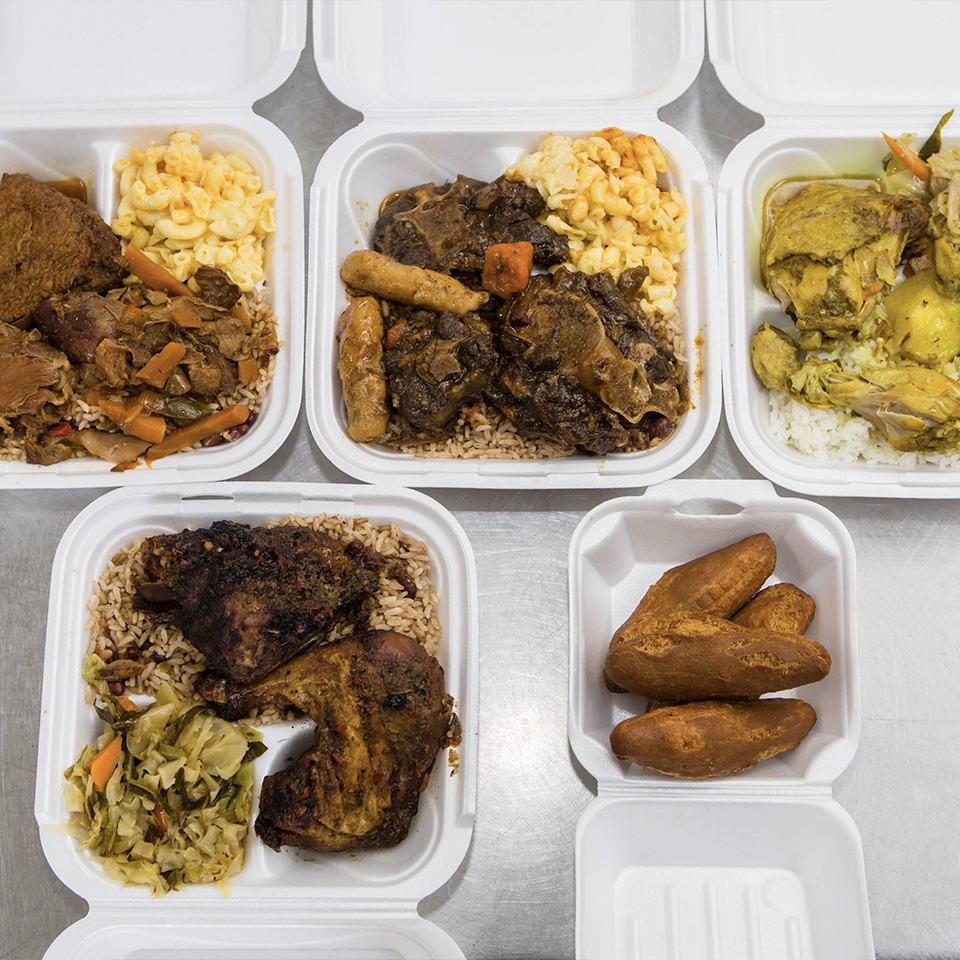
Jamaican Spice
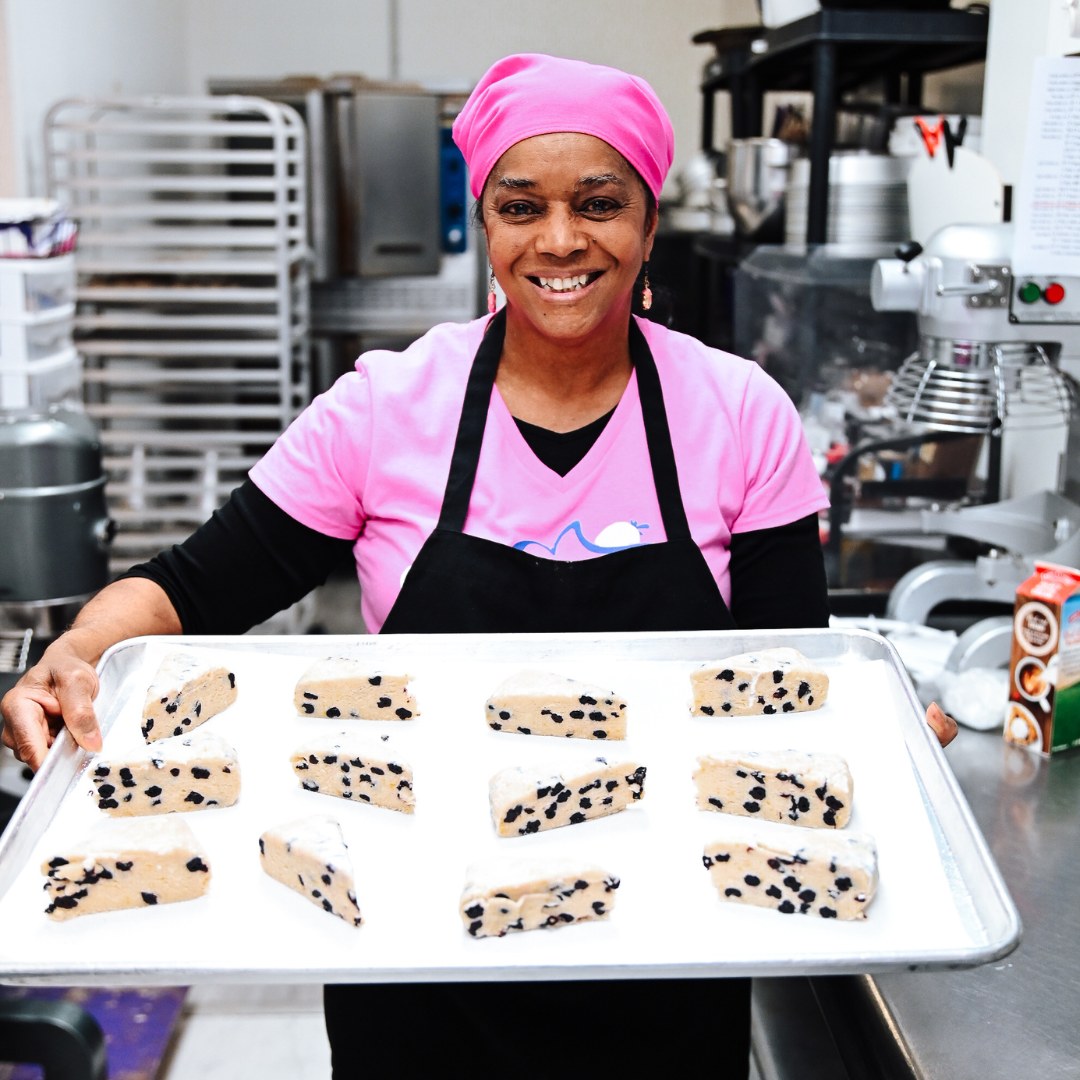
Jera's Heavenly Sweet
One of the most direct ways you can support the Black community all year long is shopping at the local, Black-owned businesses in your community and when you travel. There's a huge variety of Black-owned businesses in the Toledo area offering tasty cuisine, craft beer, unique art and retail shopping and more. We've compiled a growing list just for you!
Check out the list here!
Notable Black Toledoans
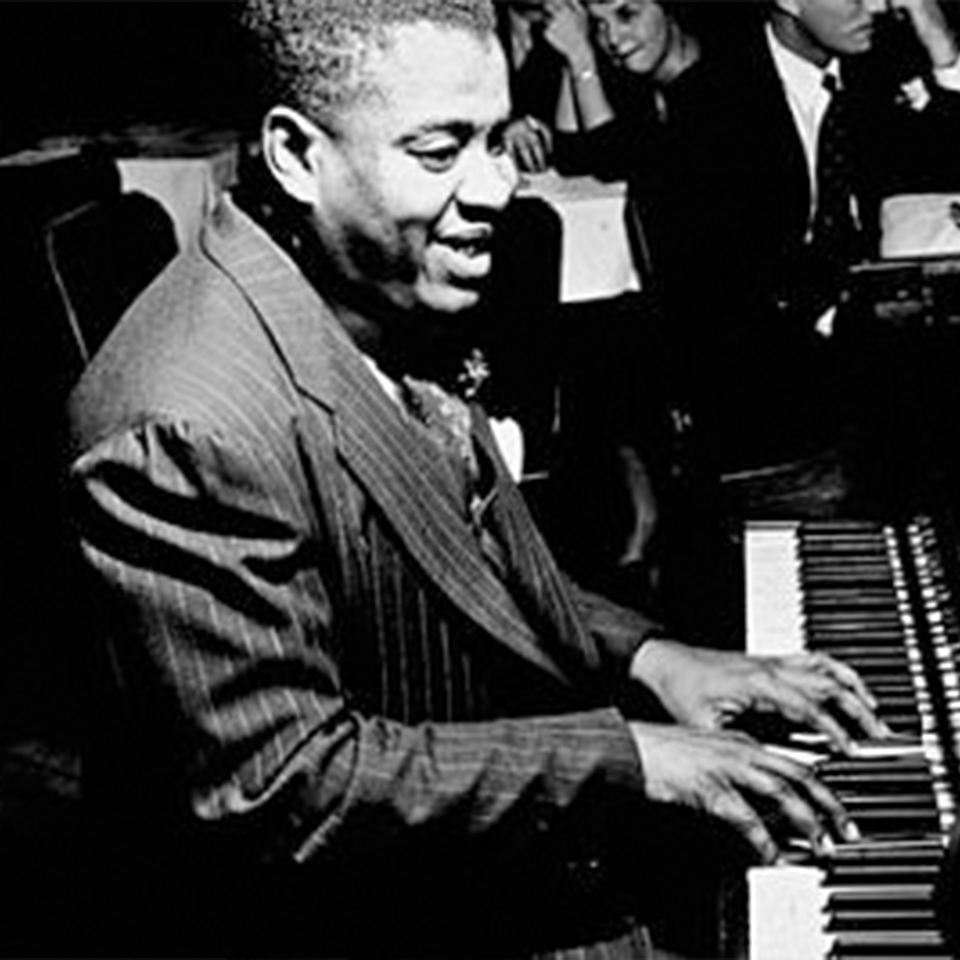
Art Tatum
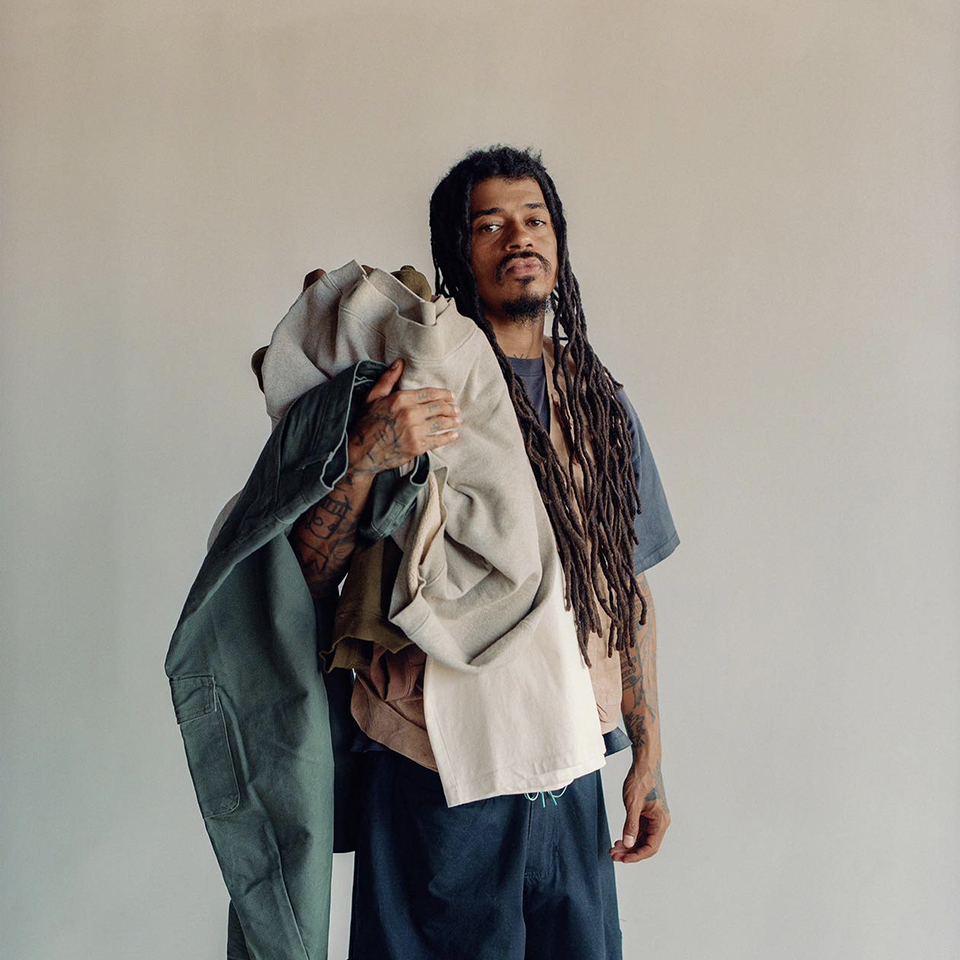
Darryl Brown | Photo courtesy of Midwest Kids
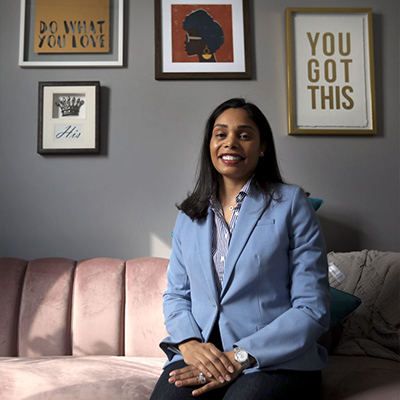
Angela Lucas
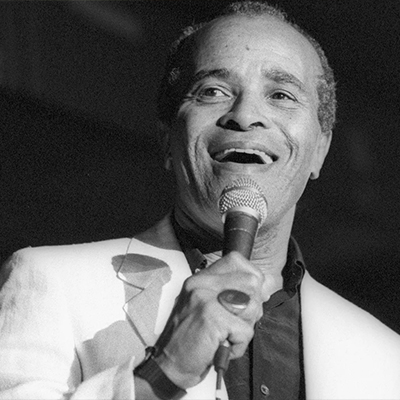
Jon Hendricks

Quinyon Mitchell - Photo by The Blade
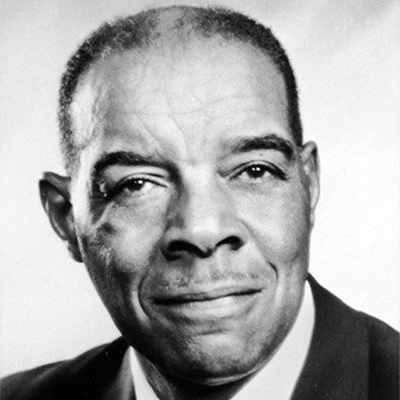
Crystal Ellis
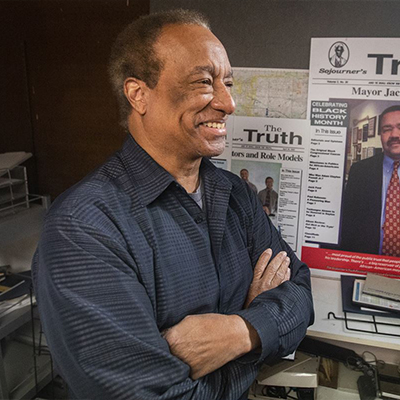
Fletcher Word
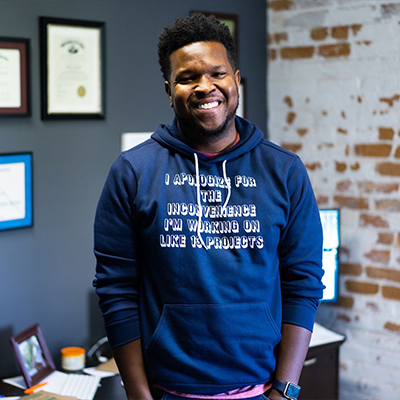
Will Lucas
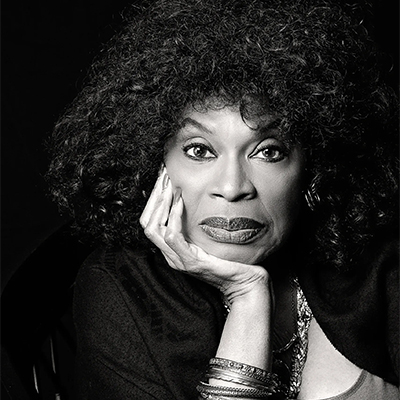
Jean Holden
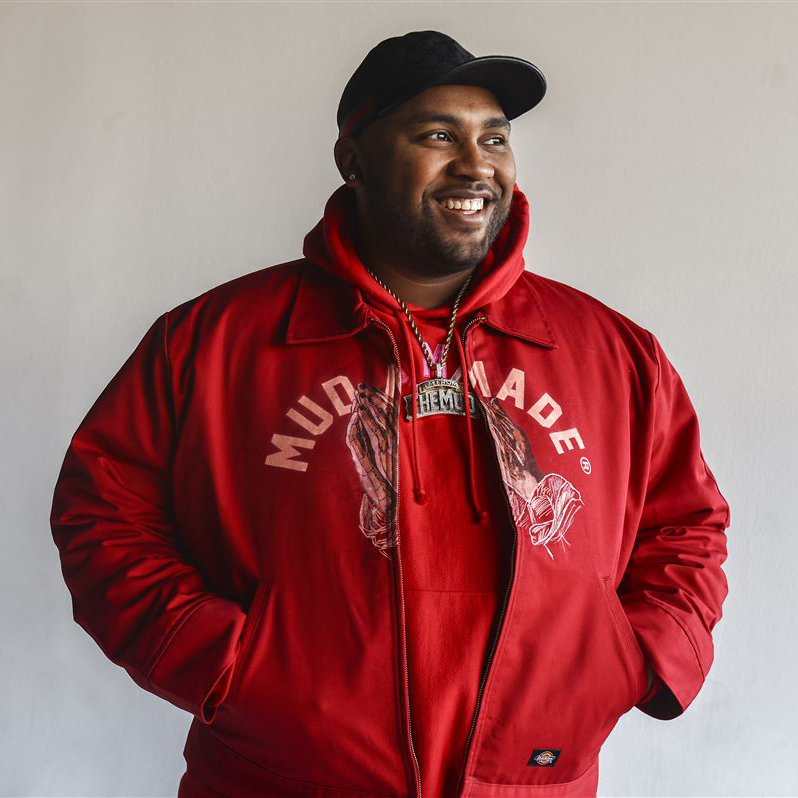
Gerald Riley Jr. - Photo by The Blade
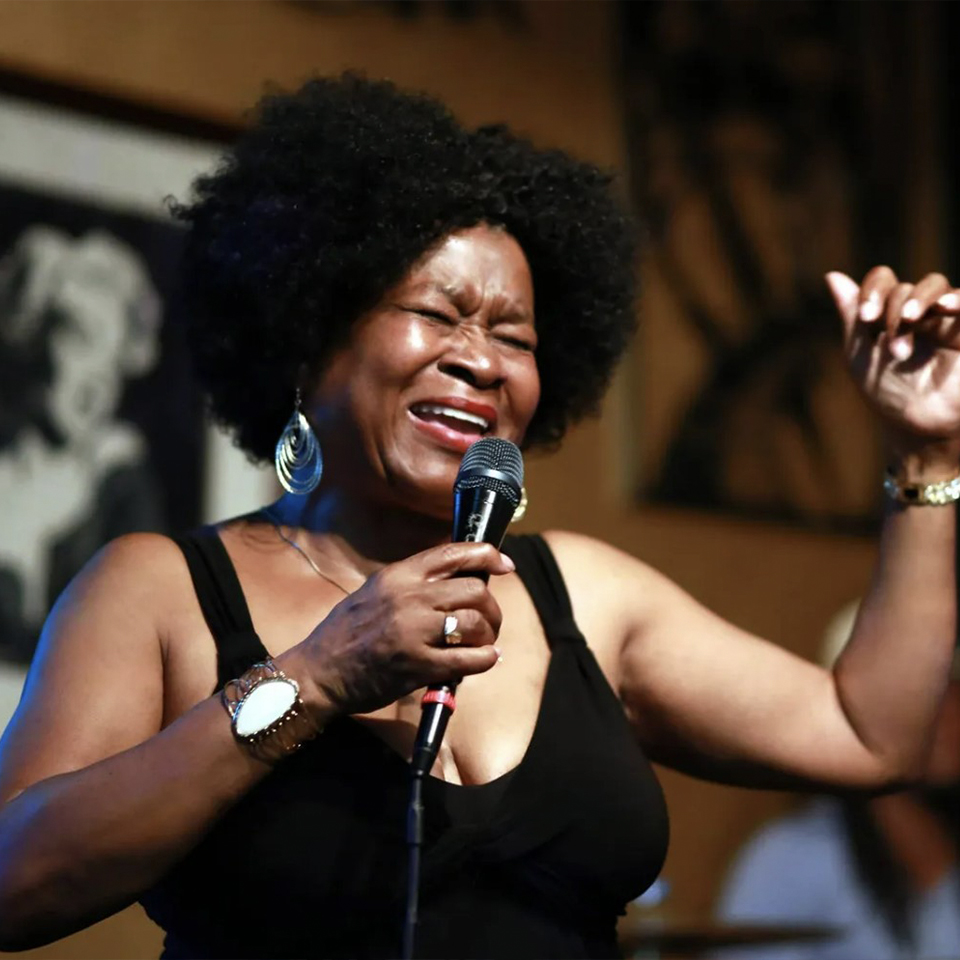
Ramona Collins
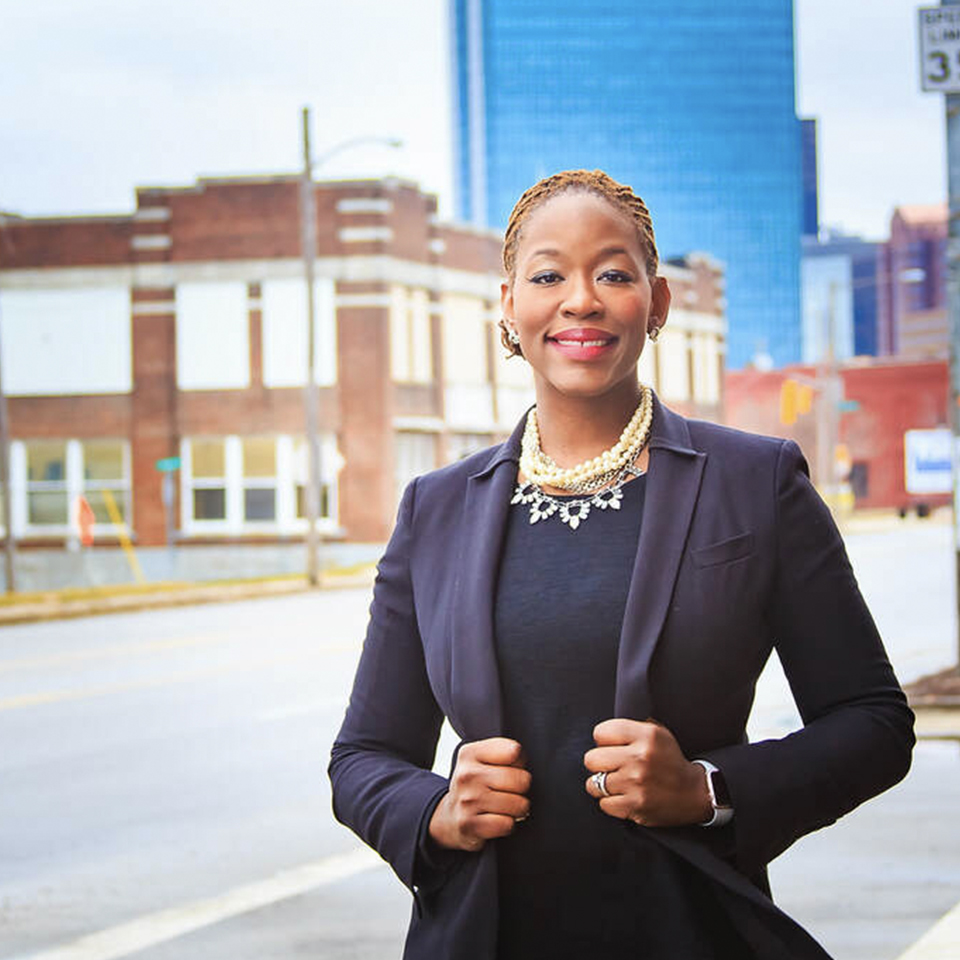
Ambrea Mikolajczyk | Photo by AByrdsEyePhoto
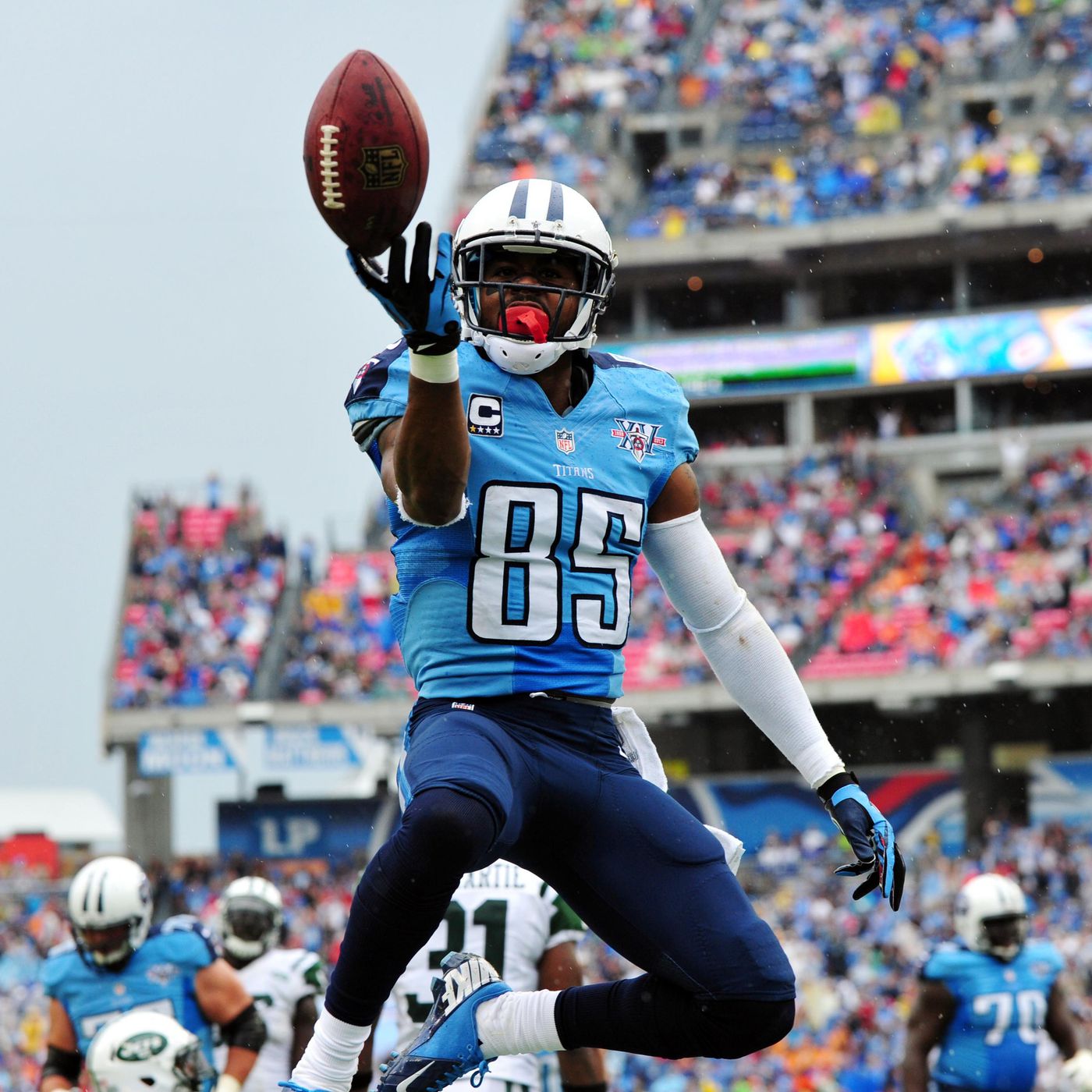
Nate Washington
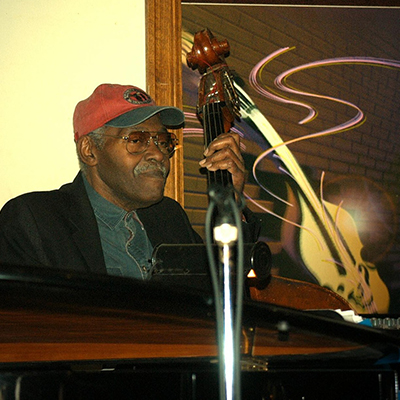
Clifford Murphy

Brandon Cook
Those shown above are just the tip of the iceberg when it comes to talented Black individuals putting Toledo on the map!
Art Tatum | Jazz Pianist
Arthur Tatum Jr. was an American jazz pianist who is widely regarded as one of the greatest in his field. From early in his career, Tatum's technical ability was acclaimed by fellow musicians as extraordinary. (Source: Britannica)
Crystal Ellis | Educator
In December 1990, Crystal Ellis became the first African American superintendent for Toledo Public Schools. First hired by TPS in 1969, Ellis served as a basketball coach at Libbey, as principal at Hamilton School (later renamed Leverette), and as superintendent (from 1990 until 1996). He came back to the district in 2006 for a short time to serve as acting chief of staff. He currently resides in Toledo and is 90. (Source: Toledo Publilc Schools)
Ramona Collins | Jazz Vocalist
Ramona is a jazz staple and has been performing in Toledo for over 50 years and has a commanding stage presence and a soulful voice. (Source: RamonaCollins.com)
Darryl Brown | Midwest Kids
Brown is the founder of the athleticwear line Midwest Kids and his namesake DB workwear line. Midwest Kids is a brand that reflects the soul of creatives from our region. That same soul carries the values that were implemented in us throughout our lives. That we take everywhere. (Source: Midwest Kids)
Fletcher Word | Publisher
Owner and publisher of The Sojourner’s Truth, a weekly newspaper that serves the northwest Ohio area and brings its readers information about the local, state and national African-American community. (Source: WGTE Public Media)
Ambrea Mikolajczyk | ARK Restoration & Construction
Ambrea is the owner of ARK Restoration & Construction, which develops real estate, manages properties, and restores distressed structures to increase property values and elevate real estate quality in northwest Ohio. (Source: 20 Under 40 Toledo)
Will Lucas | Entrepreneur
Will Lucas is a serial entrepreneur and content creator. He is founder and CEO at Creadio, a marketing and production agency, and serves as Brand Manager for both AfroTech and Black Tech Green Money, where he leads brand strategy. (Source: Willlucas.co)
Angela Lucas | Entrepreneur
Angela Lucas is Founder and CEO at Made With Purpose, LLC, a branding strategy firm based in Toledo, Ohio as well as Co-founder of Creadio and co-owner of TolHouse with her husband Will Lucas.
Nate Washington | NFL Wide Receiver
Nate Washington is a former American football wide receiver. He was signed by the Pittsburgh Steelers as an undrafted free agent in 2005 and played on two Super Bowl-winning teams during four seasons with the Steelers. (Source: ESPN)
Jon Hendricks | Jazz Vocalist
Jon grew up just down the street from Art Tatum, and is credited with the invention of Vocalese, a style of jazz where one comes up with lyrics to songs that are only instrumental. He toured nationally and in Europe gaining international fame as a titan in American Jazz. (Source: Toledo Streets News)
Jean Holden | Jazz Vocalist
A truly versatile entertainer, Jean is considered one of the most important vocalists in Toledo to this day. (Source Toledo Streets News)
Clifford Murphy | Jazz Musician
Recognized nationwide for his work as a jazz bassist. The famous Murphy's Jazz Club was co-owned by Clifford and his partner Joan.
Quinyon Mitchell | NFL Cornerback
Quinyon Mitchell became the first Toledo Rocket to be selected in the first round of the NFL Draft in 31 years when the Philadelphia Eagles chose him with the 22nd overall pick of the 2024 draft in Detroit.
Gerald Riley Jr. | Apparel Designer
Founder of Apparel brand, Mud Made, he collaborates with professional athletes, manufacturers in the United States, China, and Pakistan, and organizes local charitable events that benefit the young people of Toledo.
Brandon Cook | Actor
Branden Cook is an actor from Toledo, Ohio who plays Second Lieutenant Alexander Jefferson in the Apple TV+ series Masters of the Air. He also appeared in the 2022 Hulu series Tell Me Lies.

 Attractions
Attractions
